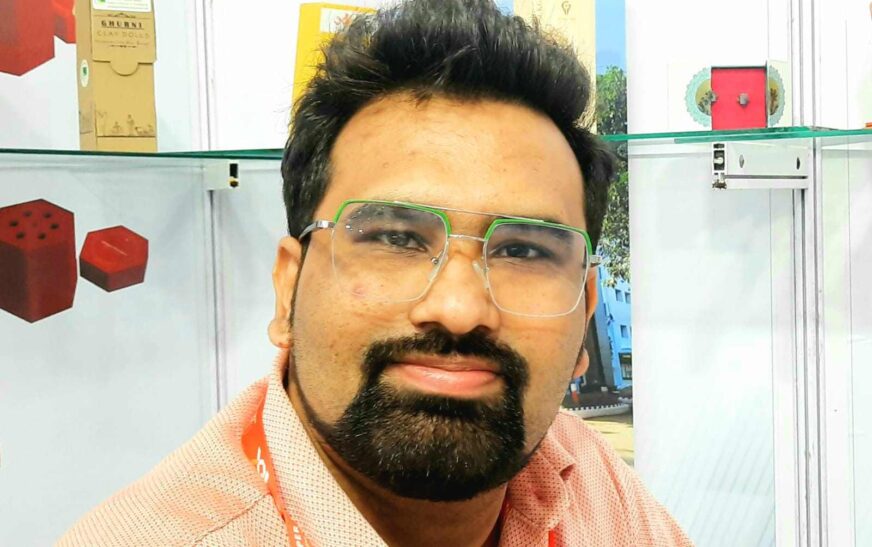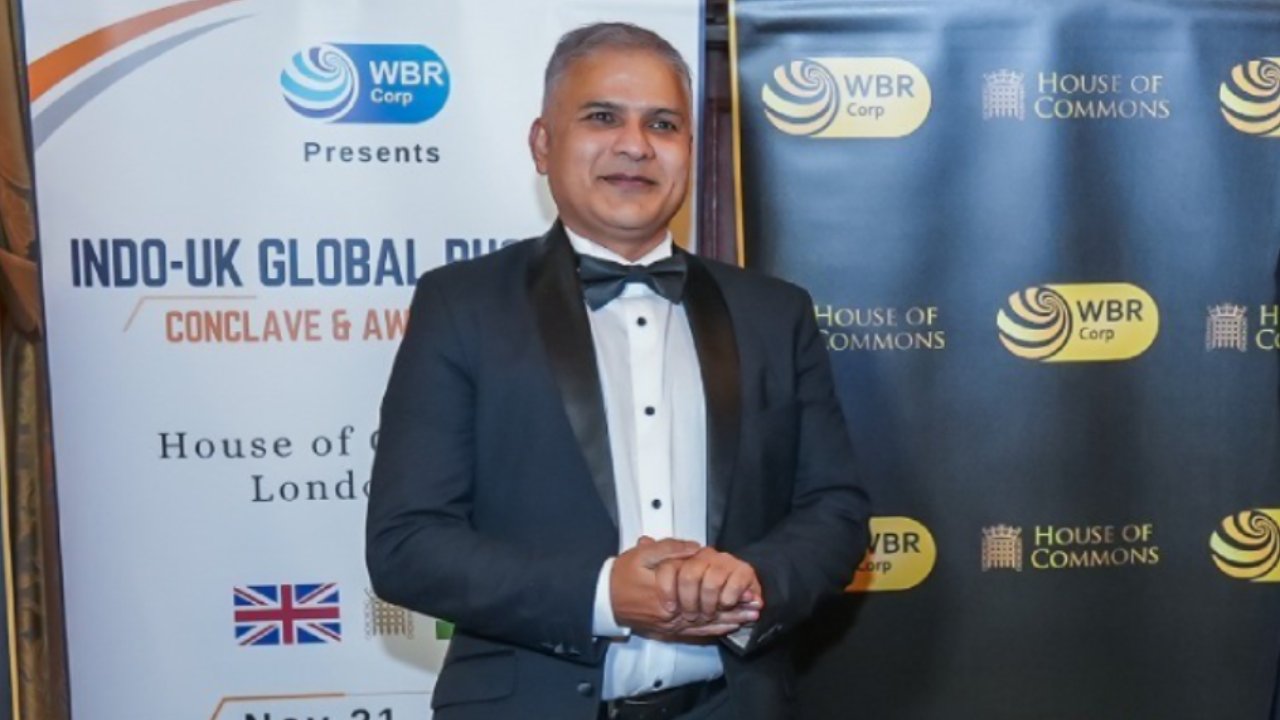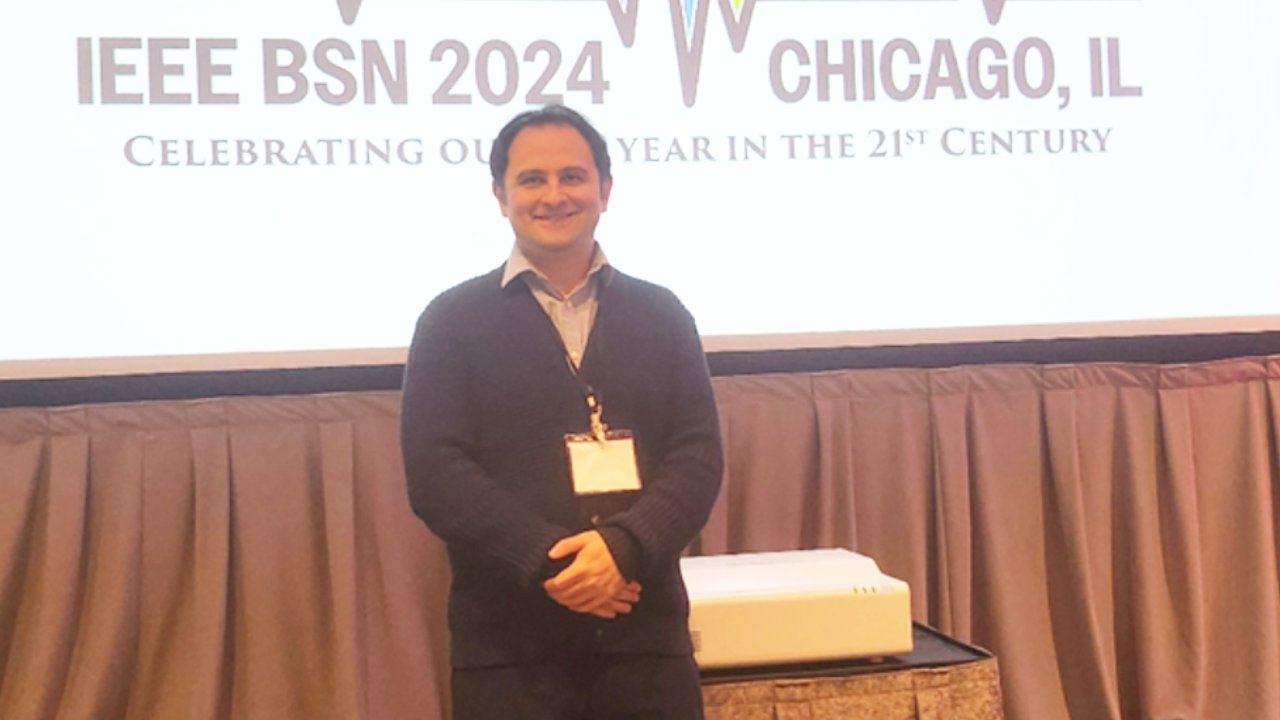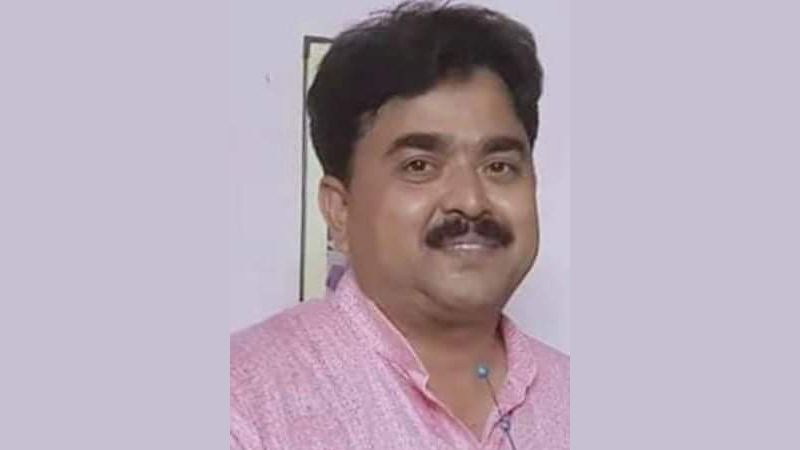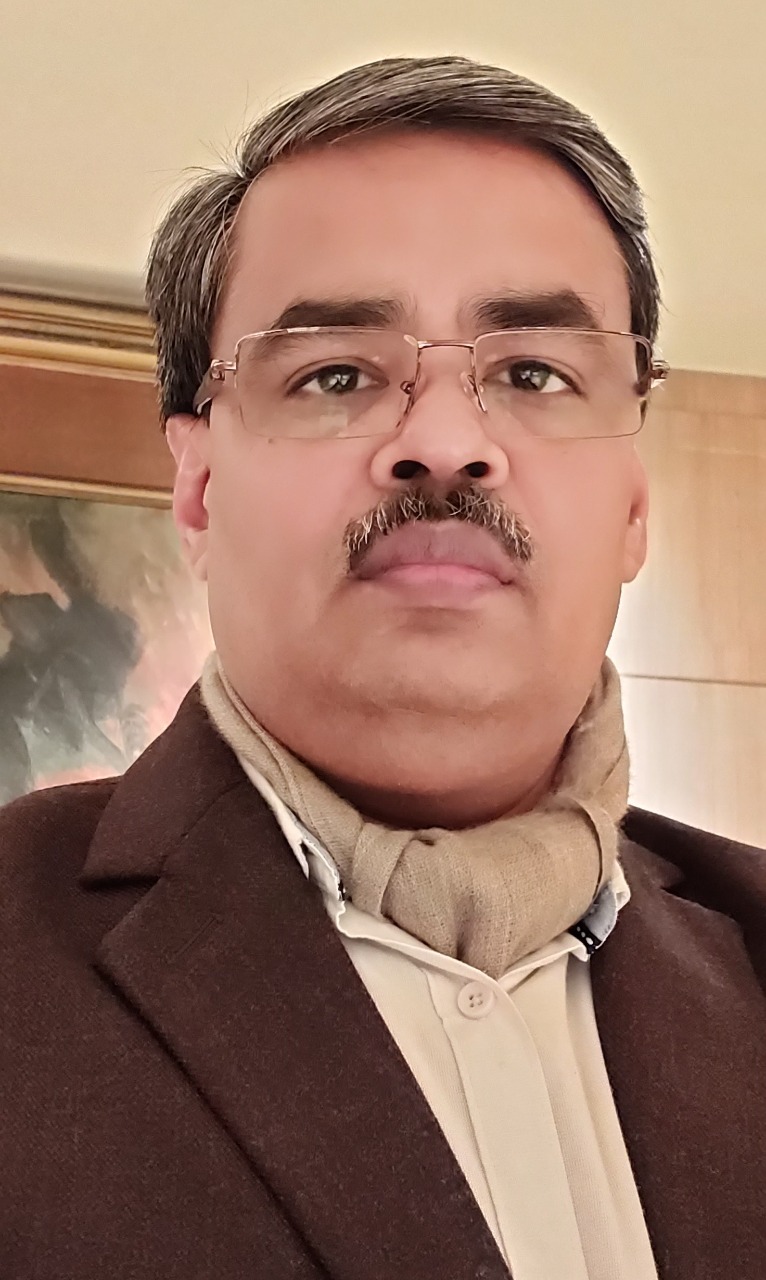Established in 1966, the Indian Institute of Packaging (IIP) stands as a leading authority in advancing packaging technology in India. Operating as a statutory body under the Ministry of Commerce and Industry, IIP is pivotal in elevating packaging standards, driving innovation, and refining practices across the sector.
The institute excels in delivering specialized training and education in packaging science and technology. Its offerings cater to industry professionals, entrepreneurs, and students, covering critical areas such as design, materials, and sustainability. The curriculum aligns with global trends and market demands.
IIP’s research and consultancy services enhance packaging efficiency, minimize waste, and ensure regulatory compliance. The institute actively partners with national and international organizations to spearhead innovations and tackle emerging challenges. Through its robust programs and strategic collaborations, IIP significantly bolsters the growth of the packaging sector, strengthening India’s manufacturing and export capabilities. Additionally, IIP organizes conferences, workshops, and exhibitions to promote knowledge sharing and industry engagement, cementing its role as a key influencer in shaping the future of packaging in India.
In an exclusive conversation with The Interview World, Dr. Surya Tanwar, Assistant Professor at IIP, provides an in-depth look at the institute’s core activities and initiatives. He highlights how the curriculum meets student learning objectives, the supportive framework for startups and companies, and the institute’s impact on the design and packaging industry. Dr. Tanwar also discusses IIP’s collaborative efforts with international organizations. Here are the key takeaways from his insightful interview.
Q: Could you provide an overview of your institute and elaborate on its core activities and key initiatives?
A: We represent the Indian Institute of Packaging, established in 1966. As an ethics body under the Ministry of Commerce and Industry and registered under the Companies Act of 1860, our institute excels in delivering comprehensive education.
Our institute conducts extensive research and development activities, partnering with multinational corporations, Indian and international brands, and supporting startups. These organizations turn to us for their R&D needs and product design development.
In addition to our R&D efforts, we specialize in third-party testing and serve as the national authority for accreditation and certification. We handle testing for UN certifications and various other standards.
We also provide a range of training programs and workshops. Our annual calendar includes numerous training sessions, and we have recently hosted delegations from Russia, Bhutan, and Nepal. Our institute is advancing the packaging industry through education, innovation, and support.
Q: How do you ensure that the curriculum effectively addresses the key learning objectives and meets the needs of students?
A: As mentioned earlier, we are part of a division institute established in 1996. Our headquarters, located in Mumbai, was founded in 1966. We inaugurated our Delhi branch at Patparganj Industrial Estate in 1996.
Initially, we offered diploma and postgraduate diploma courses. However, starting in 2021, we transitioned our diploma program to an MS program in Packaging, aligning with US standards. Currently, we stand out as the only IIP institution offering a four-year Bachelor of Science (BS) program in Packaging Technology.
While most institutions in India offer a three-year BS program, we have adopted a four-year format in line with the National Education Policy. We have secured affiliation from Bhuban Singh IIP Institute to deliver both the BS and MS programs.
Q: Could you provide the number of student seats available for admission at your institute each academic year?
A: We offer 60 seats each for our Bachelor of Science (BS) and Master of Science (MS) programs. The BS program spans four years, while the MS program lasts for two years.
In addition to these long-term programs, we provide short-term training options. We design our intensive training for individuals from companies or startups who need to enhance their technical skills. This includes professionals from non-science backgrounds, such as commerce or arts. For these individuals, we offer a three-month training program to bridge their knowledge gaps.
We also offer an 18-month diploma program through correspondence for working professionals seeking further education.
Q: Can you share how many startups have successfully graduated from your institute so far, and what kind of hand-holding or support do you provide to these startups throughout their journey?
A: Startups, like individuals, often face challenges in navigating their growth and development. We act as a central government resource to address these challenges. Registered entities from the Ministry of Commerce, MSME, or even individual startups frequently seek our assistance for product consistency, research and development, and design.
For example, we have contributed to the development of GI-tagged products such as Sambalpur’s bone horn and Lucknow’s Chikanari embroidery. Our expertise extends to both product design and R&D, providing comprehensive support.
Additionally, we regularly collaborate with major R&D companies, including U-Flex, Coca-Cola, Mondelez, KDD, Paharpur, Perfetti, and Dabur. These partnerships allow us to stay at the forefront of industry advancements and continually support innovation.
Q: How does your organization enhance value for these stakeholders through its design processes?
A: Design plays a critical role in product packaging, extending beyond logistics to ensure product safety and shelf life. The primary goal of packaging is to protect the product and enhance its longevity. However, efficient design must also facilitate effective transportation through a well-organized supply chain.
To achieve this, packaging needs to safeguard the product during transit and storage, while also optimizing size. Historically, containers were made from rigid materials such as wood or metal. These traditional methods, including the use of burden pallets for international exports, are now evolving. We are advancing to flexible packaging solutions.
For instance, in India, where goods like bricks were once transported openly in trucks, we have developed a packaging solution that preserves and compacts the products. Unlike heavy wooden or metal containers, flexible materials like plastic are lighter and more cost-effective. This shift not only reduces weight but also lowers material costs, enhancing overall efficiency.
Q: Regarding knowledge sharing, have you engaged in any collaborations or shared expertise with international institutions or organizations?
A: We offer a range of FDP programs and training sessions. Participants from Russia and other countries frequently join these programs. Currently, we focus on South Asian countries, including Sri Lanka and Bhutan. The ministry is actively encouraging us to enhance our efforts and broaden our reach. Our goal is to provide greater exposure and support for start-up companies, particularly in India, ensuring they benefit fully from these opportunities.


